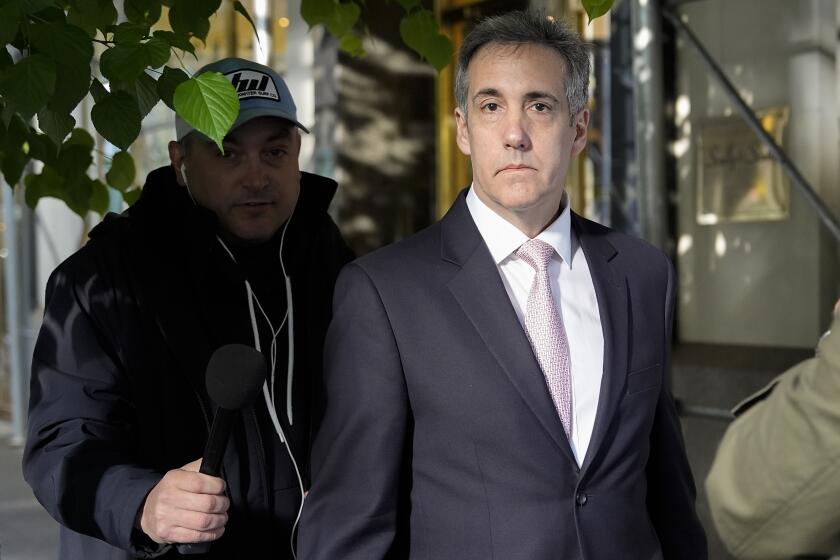Fowler Says FCC Seeking Lower Long-Distance Rates
Lowering long-distance telephone charges is a top priority for federal regulators, Federal Communications Commission Chairman Mark S. Fowler told telephone executives Monday.
FCC policies this year have led to a $1-billion reduction in toll charges.
In a speech prepared for the United States Telephone Assn. meeting in San Antonio, Fowler said: “We still must deload toll rates one way or another.” A text of the speech was released here.
Joe Gagen, a spokesman for the association, defined “deloading toll rates” as “taking out the built-in subsidies.”
Since the beginning of long-distance service, rates for toll calls have been “loaded” with a part of the cost of running wires from the phone company to almost every home and office in America.
With the breakup of the Bell System, that method of paying for local connections is becoming less practical.
Fowler promised that a board of state and federal regulators will review the issue next year.
$1 ‘Subscriber Line’
Part of the “deloading” is being handled by charging each residential telephone customer $1 a month for a “subscriber line.” Most businesses pay $6 per line every month, and the residential charge will go to $2 on June 1, 1986.
The money from individuals--about $1 billion this year and another $1 billion next year--pays part of the cost of the wire from an individual phone to the telephone company’s central office. The local phone companies then charge the long-distance companies less, and they can reduce the cost of individual calls.
Fowler still feels that too much of the cost of the local circuits is being paid by long-distance users and is seeking proposals from the public.
The argument is that installing and maintaining a local line or “loop” costs just as much whether it is used once a day or once a minute and regardless of whether it is used for a local or long-distance call, and, since its cost is not “traffic sensitive,” it should not be part of the price of a phone call.
Increases in Local Rates
Pamela Gilbert, staff attorney for the nonprofit U.S. Public Interest Research Group, said deloading toll rates “means we load it on the residential telephone ratepayer, and local rates go up. When the local rates go up, it is going to be harder and harder for local users to pay their phone bills.”
Fowler has said repeatedly that there has been no statistical evidence that Americans are removing their phones, despite increases in local rates since the breakup of the Bell System.
“There’s no reason that local ratepayers should pay higher phone bills so people who use long-distance will pay lower rates,” Gilbert said. “There is no evidence to show that local ratepayers are not now paying for what they use.”
More to Read
Get the L.A. Times Politics newsletter
Deeply reported insights into legislation, politics and policy from Sacramento, Washington and beyond. In your inbox three times per week.
You may occasionally receive promotional content from the Los Angeles Times.






